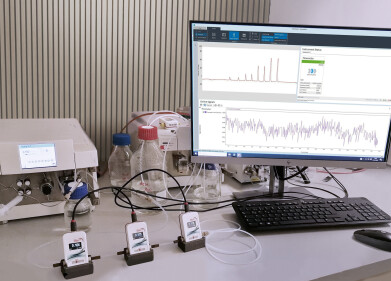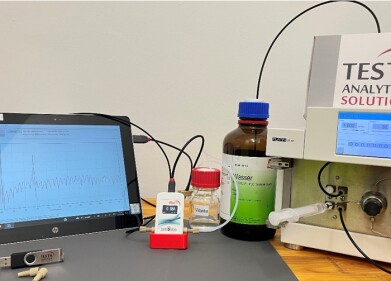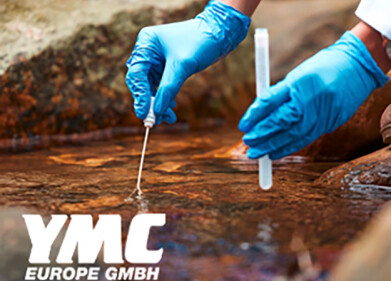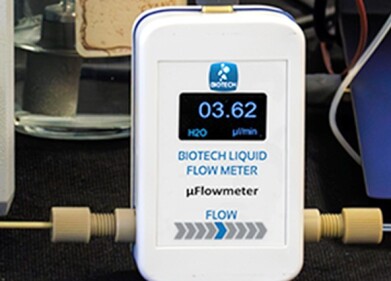HPLC, UHPLC
Getting Vitamin D From a Fungi? - Chromatography Explores
Sep 30 2018
Vitamin D is a key nutrient for human health – in both adults and children. A lack of vitamin D in children can lead to rickets and other bone deformations. Vitamin D helps to keep the levels of calcium and phosphate regulated in the body, and these in turn help to keep our bones, teeth and muscles healthy.
Vitamin D from sun and food
But unfortunately, Vitamin D deficiency is also a problem, some would say an epidemic. The main source of vitamin D in humans comes from the action of sunlight on our bodies. But even in countries with 350 days of sunshine each year, vitamin D deficiency is a problem. In the UK, it is recommended that people at risk of vitamin D deficiency take a vitamin D supplement in the winter months.
Vitamin D is also found naturally in a small number of foods, and some foods like breakfast cereals are fortified with extra vitamins – in fact, some scientists believe this is the best method of supplementing vitamin D for those at risk of deficiencies. Natural sources of vitamin D in foods include oily fish – mackerel and salmon – red meat and egg yolks. But what about vegetarians?
Non-animal vitamin D food
It is thought that the only non-animal source of natural vitamin D is from mushrooms. As highlighted in a recent paper published in the Saudi Journal of Biological Sciences, eating oyster mushrooms could be good for our vitamin D levels. The authors measured the quantity of vitamin using high performance liquid chromatography (HPLC). HPLC is a powerful technique for analysing many different substances, the development of HPLC methods is discussed in the article, Using Different HPLC Column Chemistries To Maximise Selectivity For Method Development.
And the research showed that it is not only humans who have their vitamin D levels increased by sunlight. The researchers found that exposing oyster mushrooms to sunlight during the drying process increased the levels of vitamin D in the mushrooms. In fact, by exposing oyster mushrooms to artificial UVB radiation increased the levels of vitamin D to a greater extent than sunlight alone.
They conclude by stating:
Thus, sun treatment of oyster mushroom is an effective and economically cheap strategy in the fight against vitamin D deficiency particularly in tropical and subtropical areas where there is a year-round sun shine.
Events
Jan 20 2025 Amsterdam, Netherlands
Feb 03 2025 Dubai, UAE
Feb 05 2025 Guangzhou, China
Mar 01 2025 Boston, MA, USA
Mar 04 2025 Berlin, Germany














